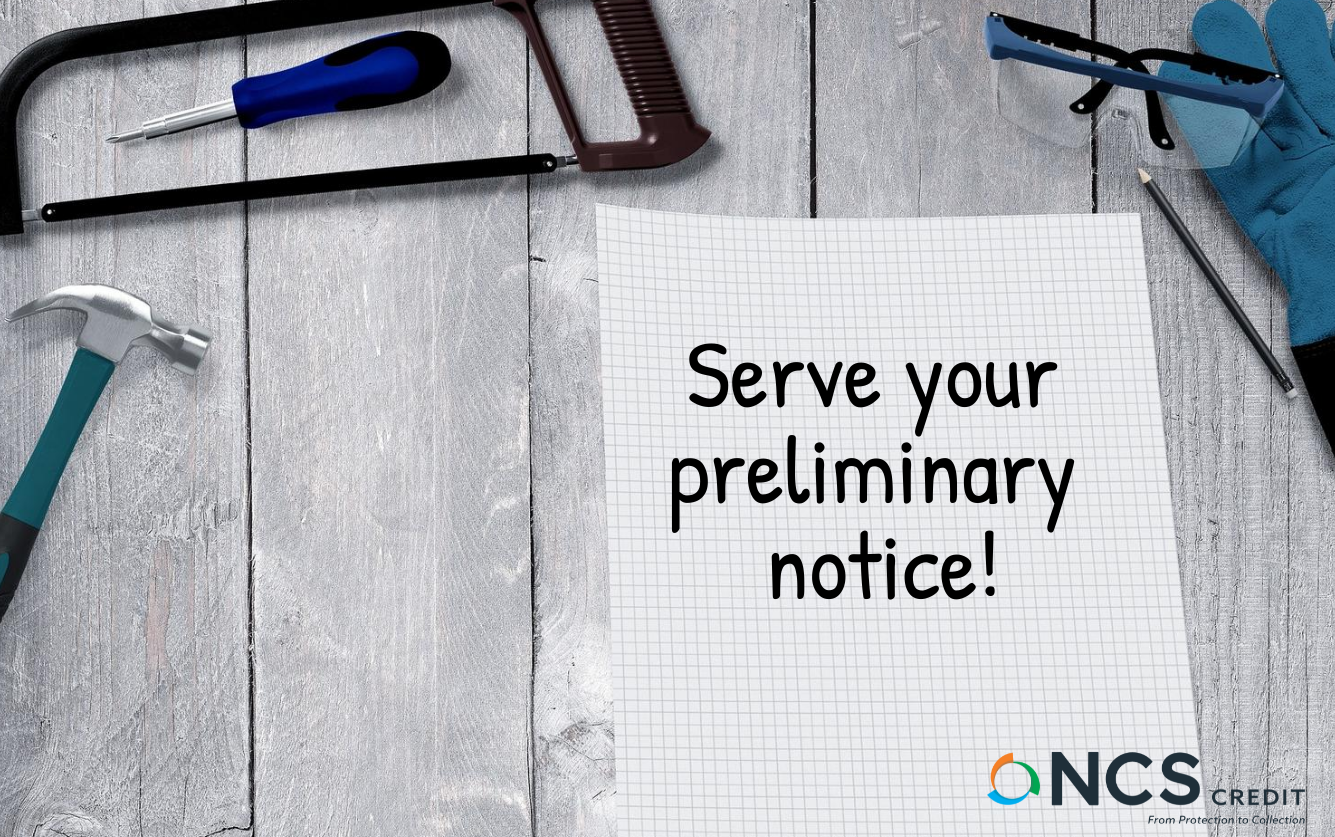Serve the Preliminary Notice AFTER You Begin Furnishing
Did you know some states require the preliminary notice to be served after you begin furnishing? Georgia, Iowa, Nevada & Wisconsin case law and/or statute instruct the claimant to serve the required preliminary notice once furnishing has commenced.
Georgia, Iowa, Nevada, and Wisconsin
Georgia
- Private Projects: Serve Notice to Contractor within 30 days after first furnishing materials or services or within 30 days from the filing of the Notice of Commencement, whichever is later.
- Public Projects: Serve Notice to Contractor within 30 days after first furnishing materials or services or within 30 days from the filing of the Notice of Commencement, whichever is later.
Iowa
- Private Projects: Serve notice within 30 days after first furnishing materials or services.
- Public Projects: Serve notice within 30 days after first furnishing materials or services.
Nevada
- Private Projects: Serve notice after first furnishing materials or services, but within 31 days from first furnishing materials or services.
- Public Projects: Serve notice after first furnishing materials or services, but within 30days from first furnishing materials or services.
Wisconsin
- Residential Projects: Serve notice within 60 days after first furnishing materials or services (10 days if a prime contractor).
- Public Projects: Serve notice within 60 days after first furnishing materials or services.
Most of us are familiar with states like California: serve the preliminary notice within 20 days of first furnishing. Typically, in states like California, it’s OK to serve the notice before you begin furnishing, as long as you serve the notice within the 20 days. But, as with everything in the construction credit industry, not all state statutes are the same.
Additional Resources from NCS
Interested in knowing which states have preliminary notice requirements for private projects (commercial & residential) or public projects? Check out these NCS Quick References!
For additional clarification on each state’s statute, please take a look at The National Lien Digest© or consult an attorney.


